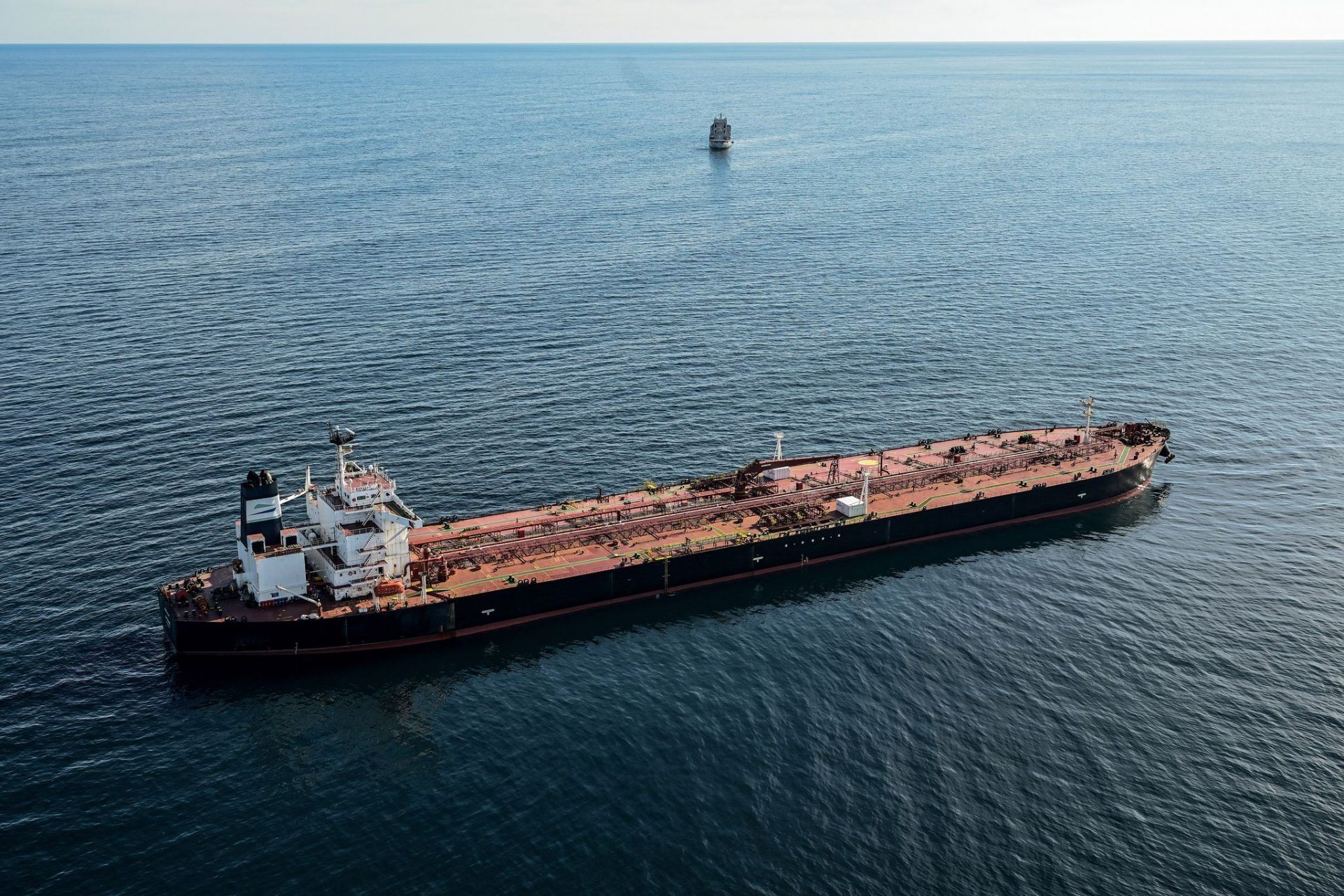
Luxembourg (dpa) – The European Union is increasingly concerned about the so-called Russian shadow fleet used to evade international oil sanctions imposed due to the Ukraine conflict. An internal analysis suggests the fleet consists of between 600 and 1,400 tankers.
Experts from EU foreign affairs chief Kaja Kallas have highlighted that these vessels not only support the Russian war economy but also represent a significant environmental and maritime safety risk. This information was presented during discussions at a foreign ministers’ meeting in Luxembourg on Monday.
Accidents involving these ships could lead to oil spills and other types of marine pollution, severely impacting coastal regions, ecosystems, and fisheries. Many of these vessels have ambiguous ownership and are believed to be inadequately insured, which could result in taxpayers in coastal nations footing the bill for cleanup efforts in the event of an accident.
Ships as Platforms for Drone Attacks
Moreover, the available document warns that vessels from the shadow fleet could be utilized as platforms for launching drones for sabotage or espionage missions. This suspicion arose following unexplained drone sightings in Denmark that resulted in significant air traffic restrictions, particularly in Copenhagen. Kallas remarked on Monday that “Moscow’s shadow fleet finances Russia’s war and simultaneously serves as a launch point for hybrid attacks.”
Kallas has proposed that to tackle issues related to the shadow fleet, there should be stricter measures against the ships and shipping companies involved, alongside intensified collaboration with coastal nations and countries under whose flags these vessels operate. Ideally, these nations would authorize EU naval forces to inspect the ships.
The working paper for the foreign ministers’ meeting indicates that since June 2025, three EU naval missions have been assigned to monitor the shadow fleet and collect information about it. One such operation, “Aspides,” is primarily focused on safeguarding commercial vessels in the Red Sea from attacks by the Yemeni Houthi militia.
In the Future, More than 560 Ships to be on Sanctions List
Moscow has been attempting for years to bypass a price cap on its oil instituted by Western supporters of Ukraine through the shadow fleet. Outdated ships and various tactics are employed to obscure the origins of oil shipments, including turning off or manipulating the transponders of satellite-based identification systems (AIS) and transferring oil at sea between tankers.
Kallas requires the endorsement of EU member states to implement her proposals and further sanctions. According to the document, the list of ships facing port bans and penalties is set to expand from the current 444 to 562 under the 19th package of EU-Russia sanctions.
During the EU foreign ministers’ meeting, Kallas expressed hope for an agreement on this 19th sanctions package to be reached this week during a summit of EU heads of state and government. However, she emphasized the need for continual innovation in combating the shadow fleet, as Russia is adept at finding ways to evade sanctions. The discussion also included proposals for new powers to board ships. To harmonize best practices throughout the Union, she has appointed a special coordinator, Kallas stated. (October 20)













Leave a Reply